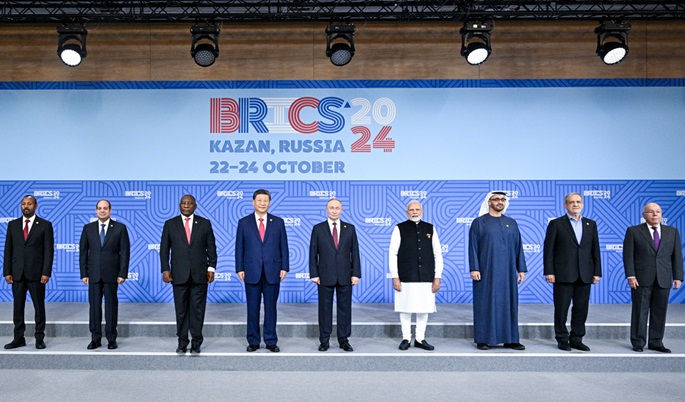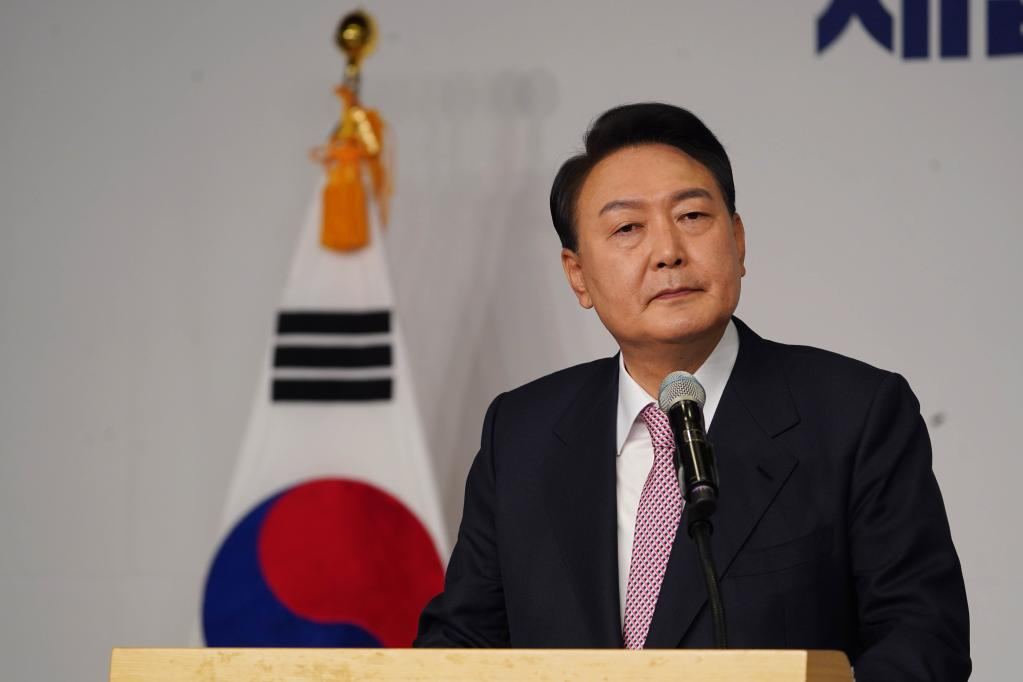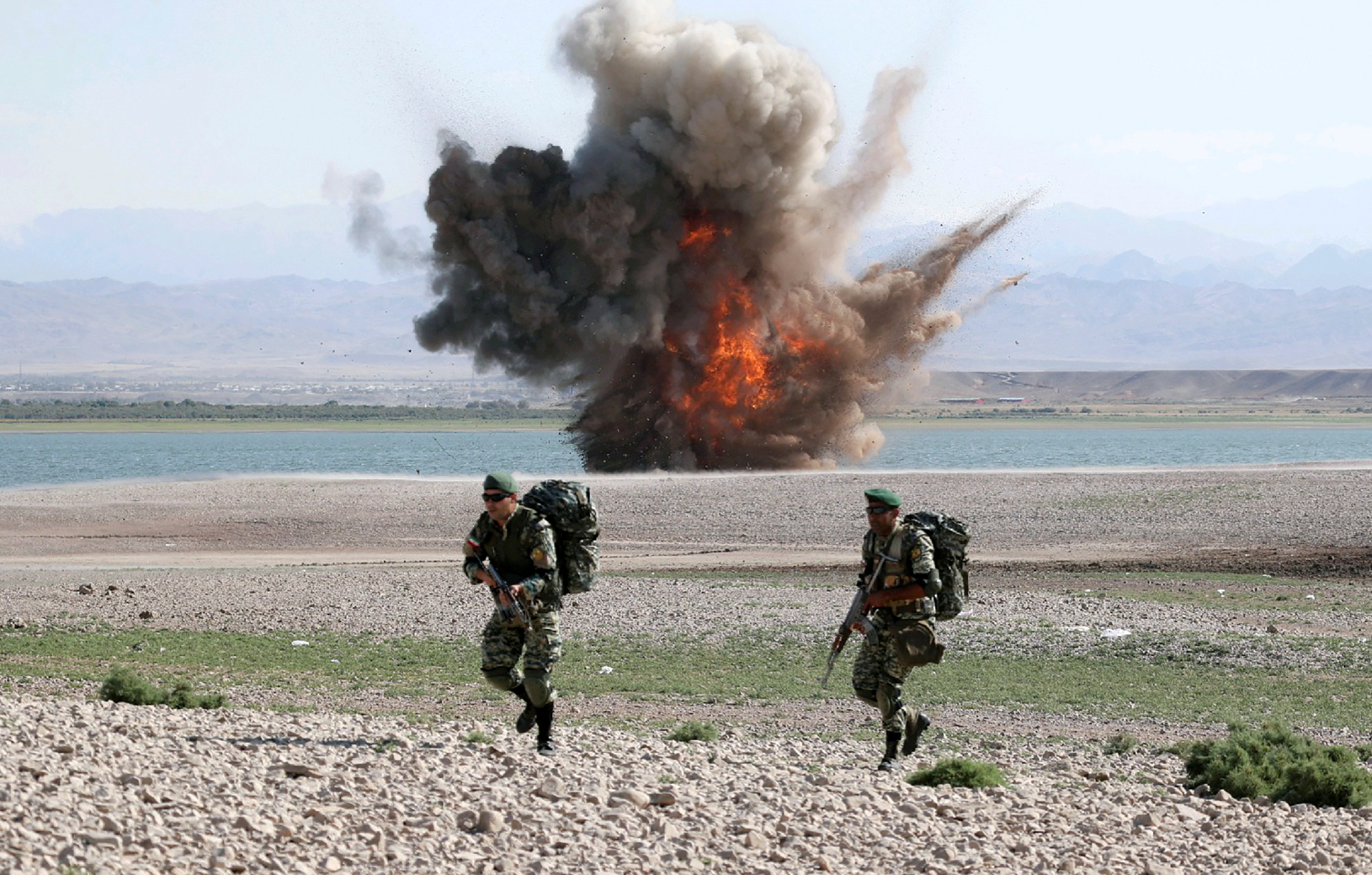Will BRICS Countries Side with Russia? Inside the High-Stakes 2024 Summit
The 2024 BRICS Summit in Russia comes at a time when global geopolitics is heavily influenced by conflicts like the ongoing Israel-Hamas war and the Russia-Ukraine war. These conflicts have posed challenges for BRICS, especially given the diverse stances of its members on such issues.
On the Israel-Hamas conflict, BRICS countries have generally refrained from aligning with Western positions, advocating instead for dialogue and a peaceful resolution. The inclusion of Middle Eastern nations like the UAE and Egypt in BRICS adds complexity, as they have their regional stakes. The summit could potentially address how BRICS might navigate these relationships while emphasizing stability in the Middle East.
Regarding the Russia-Ukraine conflict, BRICS members have largely avoided direct condemnation of Russia, with countries like India, China, and South Africa maintaining a neutral stance. This has been perceived as a form of indirect support for Russia, with the bloc emphasizing respect for sovereignty and advocating for dialogue over punitive measures. However, the conflict also challenges BRICS’s collective principles on territorial integrity, forcing the group to balance its internal cohesion with global diplomatic pressures.
The 2024 BRICS Summit, taking place in Kazan, Russia, marks a significant event as it is the first gathering after the bloc’s expansion to include new members: Saudi Arabia, Egypt, the UAE, Iran, and Ethiopia. With this expansion, the focus will be on how to effectively integrate these nations into the BRICS framework. Russia, as the host and chair, has outlined three primary areas of focus: politics and security, economic and financial cooperation, and cultural and humanitarian ties.
Key issues to be discussed at the BRICS 2024 summit include:
1. Global Economic Governance Reform: One of the top priorities is to advocate for reforms in global economic and political structures to create a more balanced international system. This aligns with the bloc’s long-standing goal of reducing Western dominance in global financial institutions.
2. BRICS Payment System: A significant agenda item is the development of a unified payment system that uses national currencies. This effort is intended to facilitate trade among BRICS nations, reducing dependence on the US dollar and enhancing financial independence.
3. Energy and Connectivity: Enhanced cooperation in energy, including climate strategies and the use of various energy sources, is expected to be discussed. Additionally, infrastructure projects like the North-South Transport Corridor will be highlighted to improve trade routes and connectivity among member states.
4. Integration of New Members and Future Expansion: Given the recent expansion, discussions will revolve around the role of new members and the possibility of further expansion. The idea of “BRICS partner countries” may be clarified, potentially opening a new avenue for engagement without full membership.
5. Climate Change and Sustainability: Climate issues, including sustainable development and the energy transition, are also on the agenda. The summit is expected to address strategies for tackling climate change while considering the energy security needs of its diverse members.
Russia’s leadership during this summit emphasizes strategic collaboration across multiple fields, from finance to scientific partnerships, signaling BRICS’ intent to strengthen its influence on the global stage.
The Formation of BRICS
BRICS was initially formed as “BRIC” in 2001, a term coined by economist Jim O’Neill to describe the emerging economies of Brazil, Russia, India, and China. These countries were recognized for their rapid economic growth and increasing influence on global markets.
The first formal BRIC summit took place in Yekaterinburg, Russia, in 2009, where leaders from these four nations met to discuss issues of global governance and economic cooperation. In 2010, South Africa was invited to join the group, turning “BRIC” into “BRICS.” Since then, the group has held annual summits to coordinate their positions on global economic and political issues, as well as to strengthen cooperation among member states.
Overall, the 2024 BRICS Summit will likely see discussions on how the bloc can position itself as an alternative global power structure amidst a fragmented world order, potentially using economic tools like de-dollarization to increase its autonomy while dealing with these geopolitical tensions.




